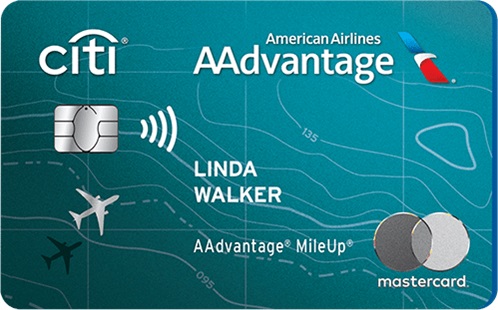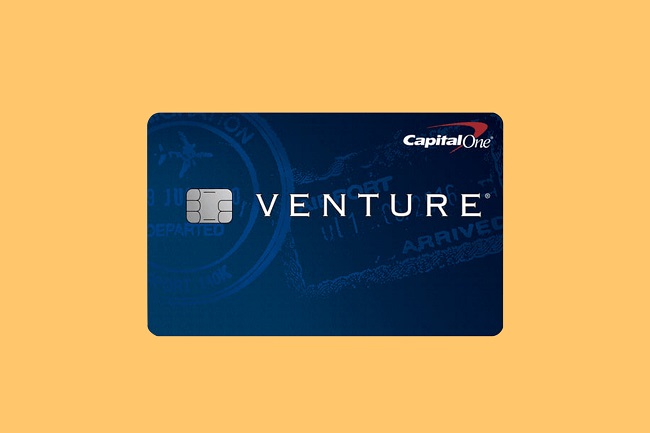The Essentials of Credit Card Processing for Businesses
The Essentials of Credit Card Processing for Businesses
In today’s digital economy, credit card processing has become a cornerstone of financial transactions, enabling businesses to accept payments from customers quickly and efficiently. Understanding the nuances of credit card processing can help businesses optimize their operations, reduce costs, and enhance customer satisfaction.
What is Credit Card Processing?
Credit card processing refers to the series of steps that occur when a customer uses their credit card to make a purchase. This process involves several key players:
- Cardholder: The customer who owns the credit card.
- Merchant: The business accepting the credit card payment.
- Acquirer: The merchant’s bank or financial institution that processes credit card transactions.
- Issuer: The cardholder’s bank that issued the credit card.
- Card Networks: Entities like Visa, MasterCard, American Express, and Discover that facilitate the transaction between the acquirer and issuer.
How Does Credit Card Processing Work?
The process can be broken down into a few key steps:
- Authorization: When a customer makes a purchase, the merchant sends the transaction details to the acquirer, which then forwards the request to the card network. The card network contacts the issuer to verify if the cardholder has sufficient credit. If approved, an authorization code is sent back to the merchant, and the transaction is completed.
- Authentication: This step ensures that the card being used is genuine and belongs to the cardholder. Techniques like CVV verification and 3D Secure are used to authenticate transactions.
- Clearing and Settlement: After authorization, the transaction details are sent to the card network for clearing, and the funds are transferred from the issuer to the acquirer. The acquirer then deposits the funds into the merchant’s account, usually within a few days.
- Funding: This final step involves the actual transfer of funds to the merchant’s bank account, minus any processing fees.
Costs Associated with Credit Card Processing
Credit card processing involves several fees that merchants need to be aware of:
- Interchange Fees: These are paid to the issuer and card network. They are typically the largest component of processing fees and are based on the type of card used and transaction volume.
- Assessment Fees: Charged by the card network for using its services.
- Processor Fees: These are charged by the acquirer for handling the transaction. They can include flat fees, transaction fees, and monthly fees.
Choosing a Credit Card Processor
Selecting the right credit card processor is crucial for any business. Factors to consider include:
- Pricing Structure: Look for transparent pricing with no hidden fees. Compare interchange-plus pricing, flat-rate pricing, and tiered pricing to see which model best suits your business.
- Customer Support: Ensure the processor offers reliable customer support, ideally 24/7, to resolve any issues promptly.
- Security Features: Strong security measures, including PCI compliance, encryption, and fraud detection tools, are essential to protect sensitive customer data.
- Integration Capabilities: The processor should seamlessly integrate with your existing systems, including POS systems, e-commerce platforms, and accounting software.
Emerging Trends in Credit Card Processing
The credit card processing landscape is continually evolving with technological advancements and changing consumer preferences. Key trends include:
- Contactless Payments: The rise of NFC technology allows for faster, more secure transactions via contactless cards and mobile wallets like Apple Pay and Google Wallet.
- Blockchain Technology: Blockchain promises increased transparency and reduced fraud in credit card transactions by providing a decentralized ledger for transaction verification.
- Artificial Intelligence (AI): AI is being used to detect fraudulent transactions in real-time, offering better security for both merchants and customers.
Conclusion
Credit card processing is a vital component of modern business operations, impacting everything from customer satisfaction to financial management. By understanding the process, associated costs, and emerging trends, businesses can make informed decisions to optimize their payment systems. Selecting the right processor with the appropriate features and support can significantly enhance operational efficiency and drive business growth.
Image by Ahmad Ardity on Pixabay





